The Royal Dutch Association of Civil-law Notaries (KNB) organised a training seminar for notaries on the new European anti-money laundering (AML) package with the support of the Chamber of Notaries of the Grand Duchy of Luxembourg, the Royal Federation of the Belgian Notariat (Fédération du Notariat (Fednot)) and the German Federal Chamber of Notaries (Bundesnotarkammer) in Maastricht on 22 May 2025. Experts and participants had the chance to discuss the changes brought by the new European AML package that came into force last year and will apply as of July 2027.
The seminar was part of the "EL@N II" training programme of the Council of Notariats of the European Union (CNUE), the European umbrella organisation of the national representations of the notariats in Europe. With financial support from the European Commission, notaries receive further training in various key areas of European law as part of the EL@N II programme. These include succession law, the cross-border enforcement of authentic instruments and European AML rules, which were the subject of the Maastricht seminar.
The one-day seminar began with an overview by notary and professor Birgit Snijder-Kuipers of the changes resulting from (i) Regulation (EU) 2024/1620 on establishing the Authority for Anti-Money Laundering and Countering the Financing of Terrorism, (ii) Regulation (EU) 2024/1624 on the prevention of the use of the financial system for the purposes of money laundering or terrorist financing, and (iii) the 6th AML Directive (Directive (EU) 2024/1640). In a subsequent presentation by Kris Meskens, the Secretary General of the Belgian Financial Intelligence Unit (FIU), and Hennie Verbeek-Kusters, the Head of the Dutch FIU, the importance of the prevention of money laundering was illustrated. Both speakers also demonstrated what the FIU does upon the receipt of a suspicious transaction report. The presentation emphasised the important contributions that notaries make by reporting suspicious transactions. After all, authorities can only take effective action against criminal activities if all obliged entities fulfil their obligations under AML law. The presentation was followed by a panel discussion with Cosita Delvaux, CNUE President and notary in Luxembourg, and Dr Maximilian Wosgien, LL.M. (University of Virginia), notary in Mannheim, Germany, and former director of Bundesnotarkammer in Brussels, who spoke about the notarial perspective and input.
In addition to the real estate sector, company law in particular harbours the risk of being misused for money laundering and terrorist financing. Criminals use complex corporate structures to conceal their identity and payment flows. In order to combat such activities effectively, transparency is of the utmost importance. As stipulated by the European legislator in the 2nd Digital Tools Directive (Directive (EU) 2025/25), the now mandatory public preventative control in company law, which is the basis for reliable and up-to-date company information in registers, plays a key role in this regard. As Dr Maximilian Wosgien explained in his presentation "Typology of the corporate sector", notaries make an essential contribution to both. In his analysis of the European AML package, Dr Wosgien also compared the requirements under current and future AML rules with regard to the identification and verification of the beneficial owner. Professor and notary Birgit Snijder-Kuipers focused in her presentation on those determining the ultimate beneficial owner of a company in accordance with the new AML regulation.
To enable participants to engage interactively on the various aspects of AML obligations in the notarial practice during workshops were conducted in the afternoon. Furthermore, as part of this activity, they could discuss their conclusions with a panel of representatives from the Belgian and Dutch FIU, Kris Meskens and Hennie Verbeek-Kusters, and Dr Martin Thelen, notary in Cologne, Germany.
The training event tied in with current developments at European level. That is because the implementation and realisation of the European AML package continues to progress. As provided for in Regulation (EU) 2024/1620 on establishing the Authority for Anti-Money Laundering and Countering the Financing of Terrorism (AMLA), this authority was created with its headquarters in Frankfurt (Main), Germany. The Chair is the Italian Bruna Szego, who took office on 16 February 2025. She represents the AMLA both publicly and legally. In addition to her, the authority structure includes, among others, a General Board, an Executive Board and an Administrative Board of Review. As with the election of AMLA’s chair, the members of the Executive Board are elected by the Council of the European Union following approval by the European Parliament.
Along with personnel decisions, the works on the implementation are underway. The AML package provides for AMLA to issue so-called common instruments, which include regulatory technical standards, implementing technical standards, guidelines and recommendations. The first drafts of common instruments are to be published this year. This demonstrates that AML remains relevant and will continue to be a focus of the notarial practice.
Photos: Christ Clijsen van Twycer
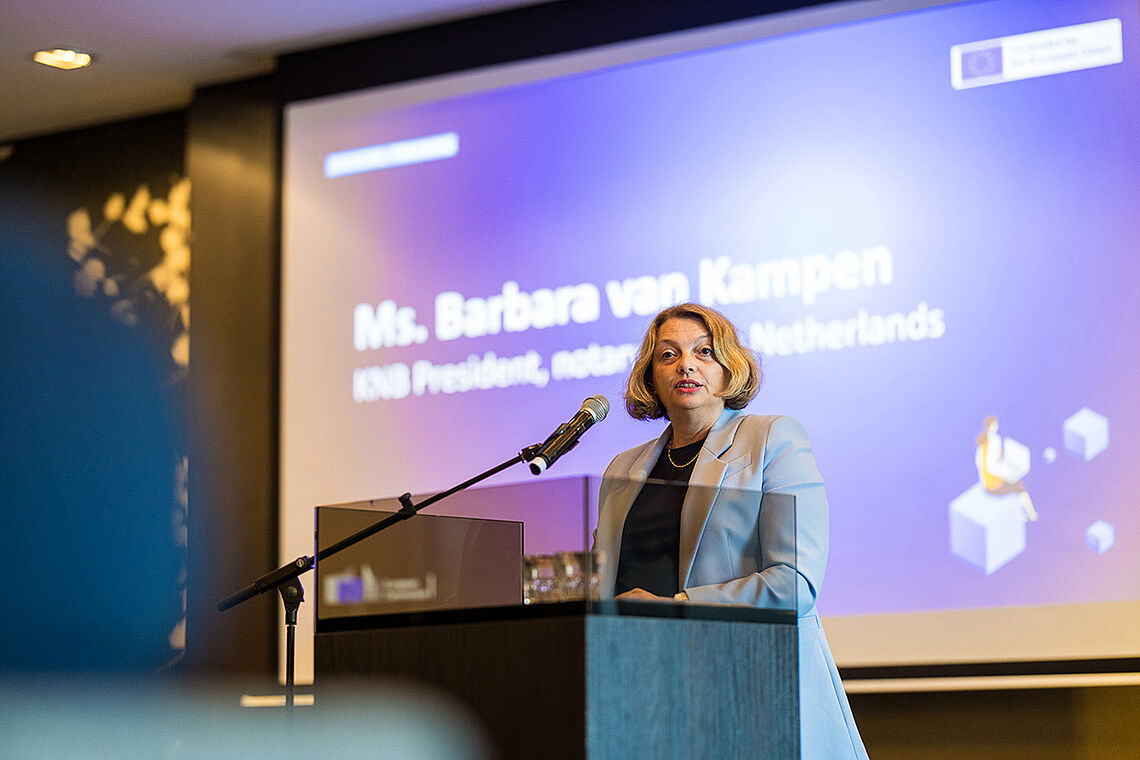
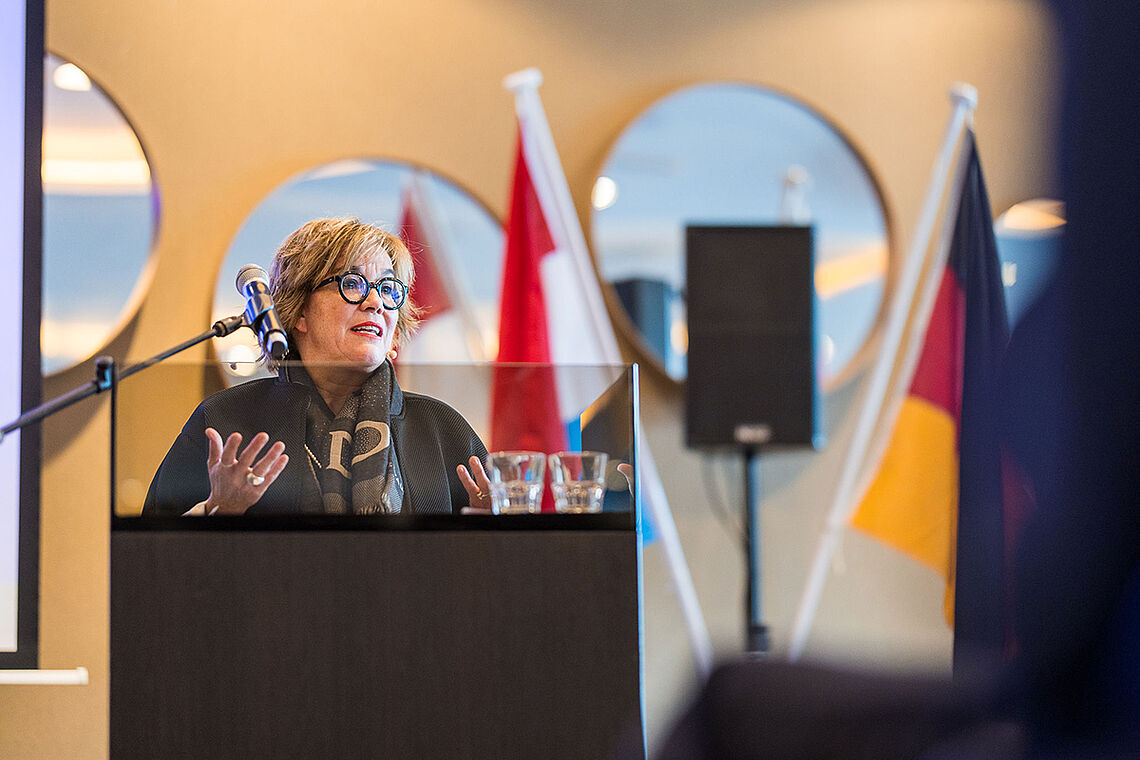
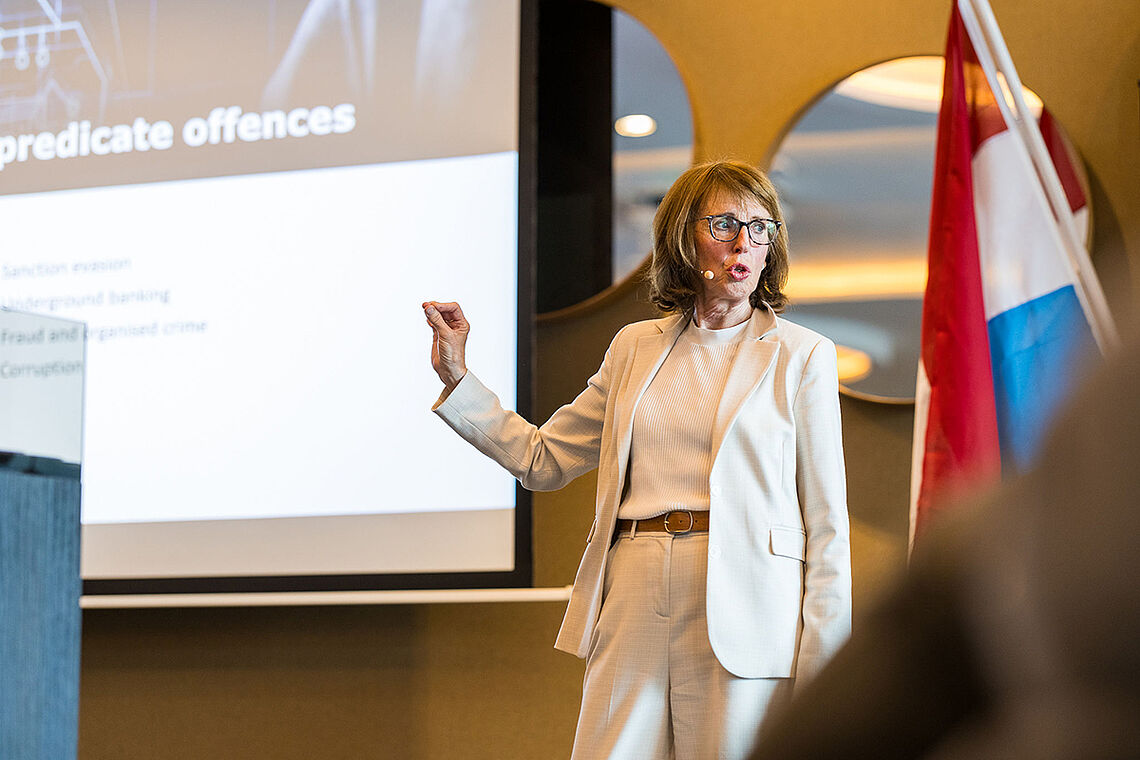
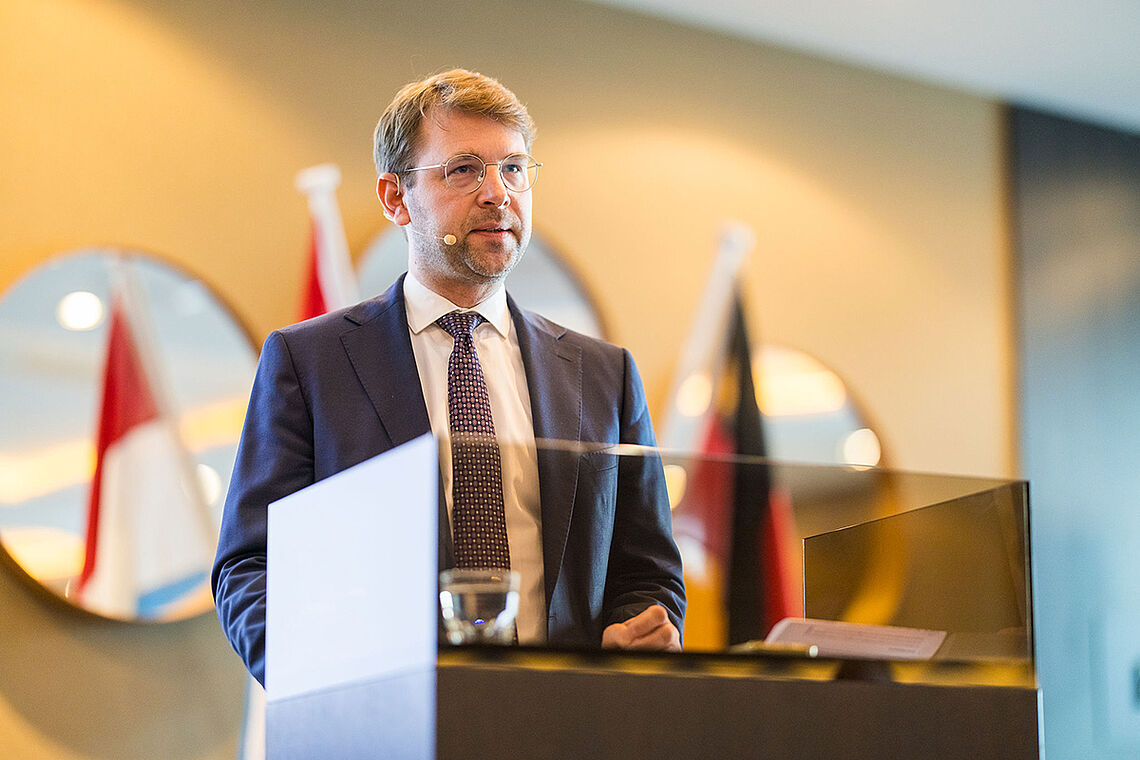
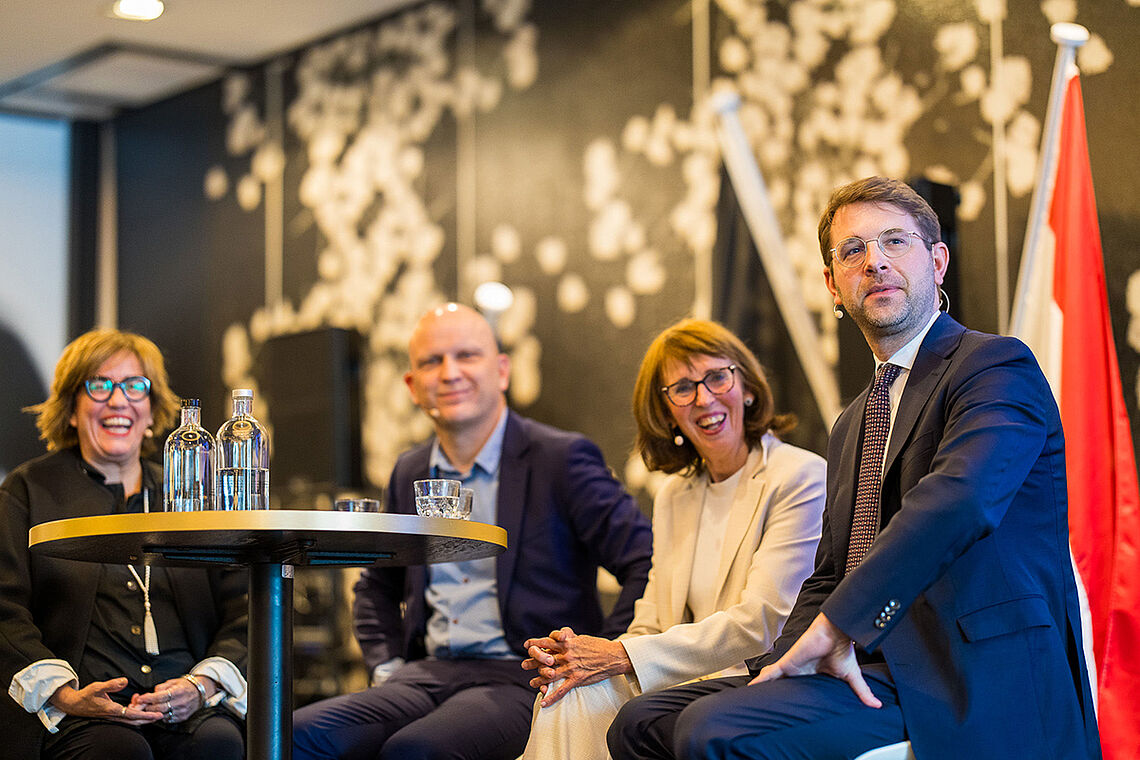
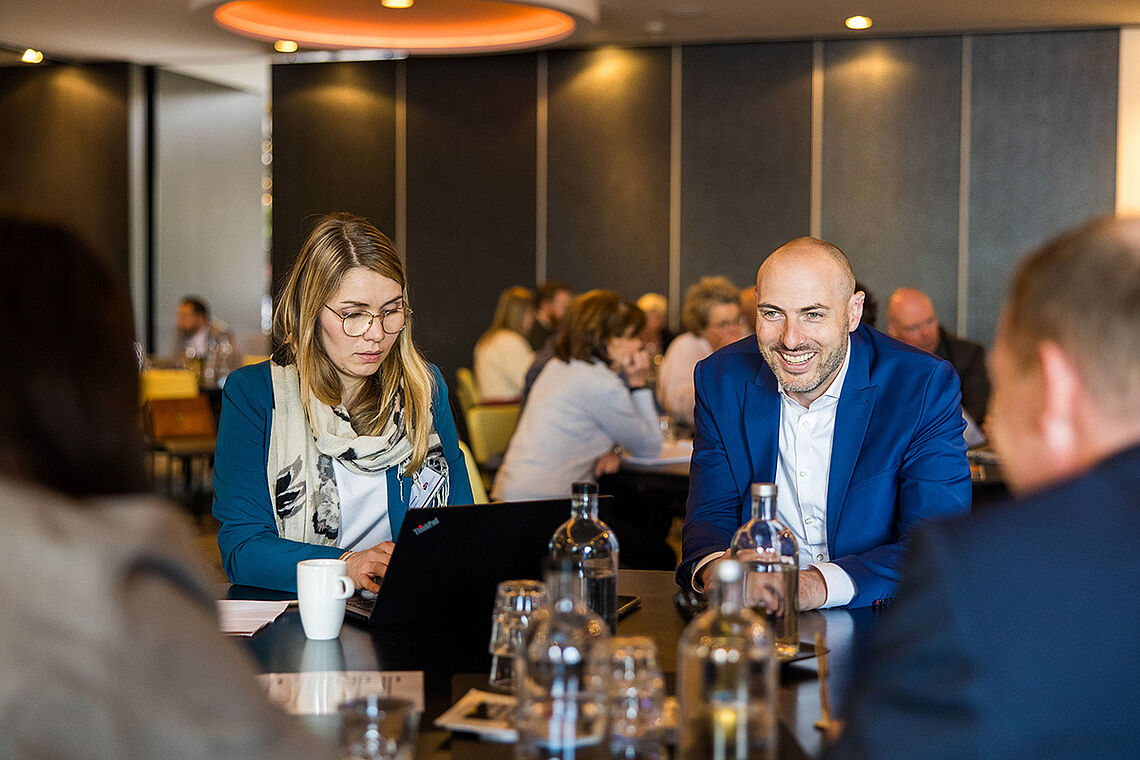
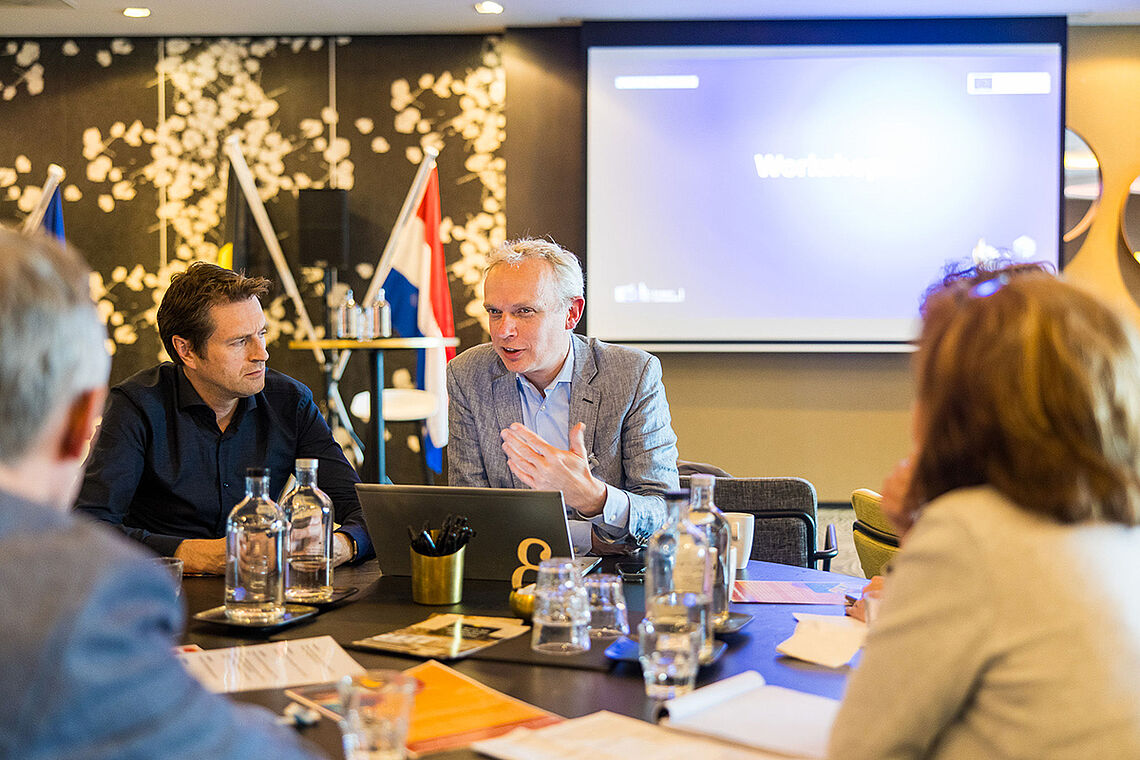


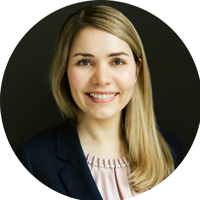


![[Translate to Englisch:] [Translate to Englisch:]](/fileadmin/_processed_/d/0/csm_GettyImages-2217360625_1200x800_a9e908fd9f.jpg)